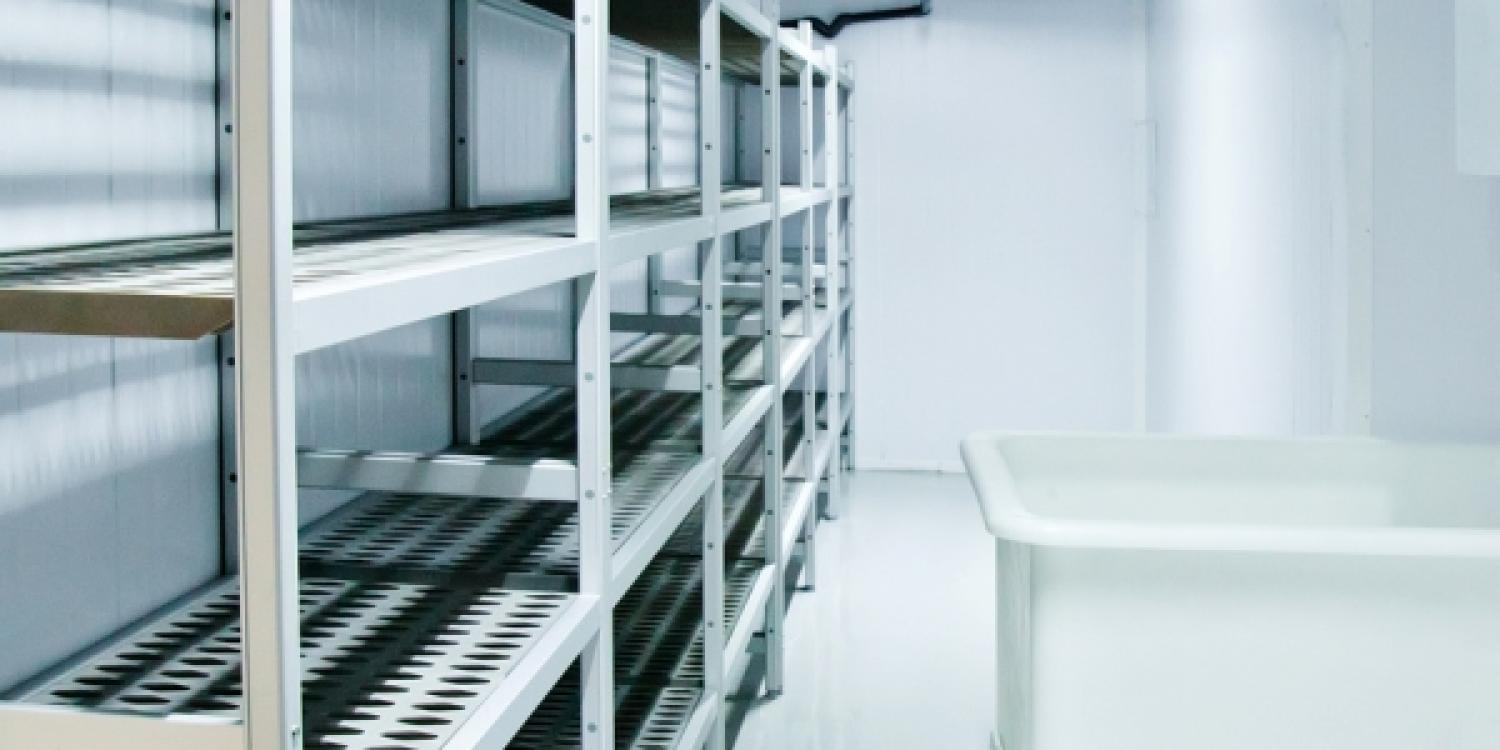Energy-efficient refrigeration saves money at German meat-processing plant

Information
Lessons for all plants with cooling rooms
- A German meat-processing plant installed an interconnected refigeration system to reduce energy costs
- Yearly cost reduction of up to € 67 000 and CO2 reduction of 345 tonnes
The Gourmet Fleischerei and Feinkost GmbH employs 80 employees at its Brandenburg site, which processes 3 600 tonnes of pork and beef each year. The preparation, cleaning, further processing and storage of the meat takes place in 24 cooling rooms (an area of 4 500 m2).
With increasing demand over the years, additional refrigeration systems were installed. Overcapacity was not an uncommon problem and a two-point control system installed some time ago added to the maintenance and operating costs.
A detailed audit of the power consumption, operating times, and nominal cooling capacity of the individual units revealed that 65 % of the total electricity consumption went to providing refrigeration. This prompted a series of measures, headlined by an overhaul of the company's whole approach to refrigeration.
Individual refrigeration units were replaced by a network controlled by frequency converters according to the needs of various preparation rooms. This 'composite' system is managed and optimised in several ways:
- Reliability and efficiency: compressors have guaranteed power reserves to prevent total shutdown in the event of a section failure
- Improved operations: new controls with electronic expansion valves boost the operational characteristics of the system
- Conversion: frequency converters for the fan capacitors in the cooling units reduce energy consumption
- Waste: waste heat from the combined system is used for hot-water production during production
Key results
Thanks to this series of measures, costing around € 200 000, Gourmet Fleischerei and Feinkost reduced its energy consumption by around 55 %, which saves around € 67 000 annually. The more efficient refrigeration system also cuts annual CO2 emissions by 345 tonnes.
Deutsche Energieagentur, Projekt: Energieeffizienzverbesserung einer kältetechnischen Anlage, https://industrie-energieeffizienz.de/energiekosten-senken/referenzproj….